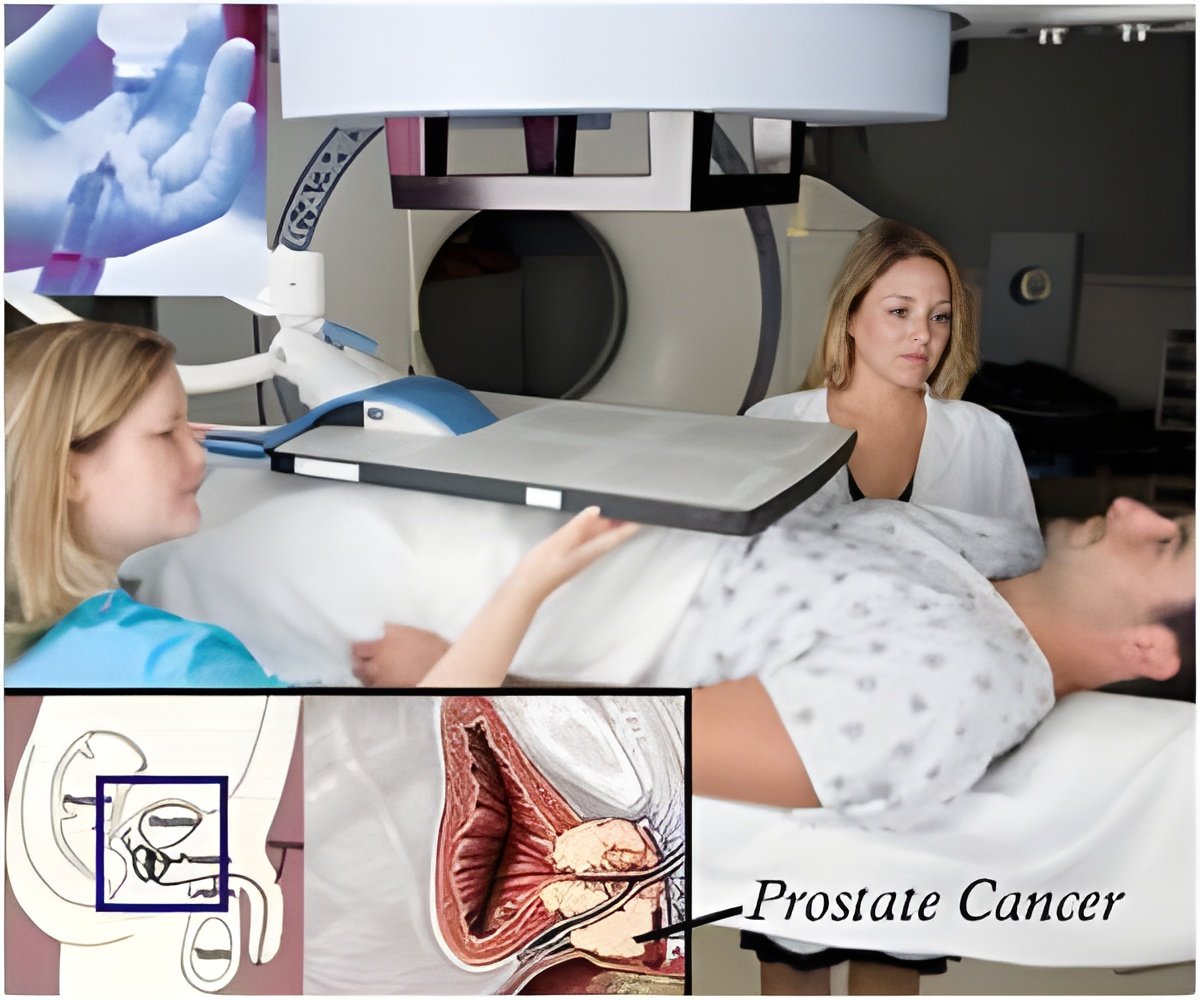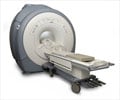A newly developed machine learning model developed by Microsoft Azure Machine Learning platform can aid in patient selection for prostate multiparametric MRI (mpMRI) to optimize resource utilization and reduce unnecessary costs.

‘According to this study, a newly developed machine learning model developed by Microsoft Azure Machine Learning can accurately predict which patients are most likely to benefit from prostate multiparametric MRI (mpMRI).’





A total of 811 prostate mpMRI examinations from four tertiary care centers with mpMRI expertise were used to develop a support vector machine model for predicting PI-RADS category 4 or 5 lesions on the basis of patient age, prostate specific antigen, and prostate volume. Patients either had no prior prostate biopsy or had a negative prior prostate biopsy. The model was developed on the Microsoft Azure Machine Learning platform and can be accessed at birch.azurewebsites.net. The model was then tested prospectively on 42 patients. The model showed 73 percent accuracy for predicting PI-RADS category 4 or 5 lesions on the basis of 10-fold cross validation. Prospective validation of the model demonstrates a sensitivity of 75 percent and specificity of 82 percent for a cutoff threshold of 43 percent for predicting PI-RADS category 4 or 5 lesions.
With educational activities representing the entire spectrum of radiology, ARRS will host leading radiologists from around the world at the ARRS 2018 Annual Meeting, April 22-27, at the Marriott Wardman Park Hotel in Washington, DC.
Source-Eurekalert







![Prostate Specific Antigen [PSA] Prostate Specific Antigen [PSA]](https://www.medindia.net/images/common/patientinfo/120_100/prostate-specific-antigen.jpg)





